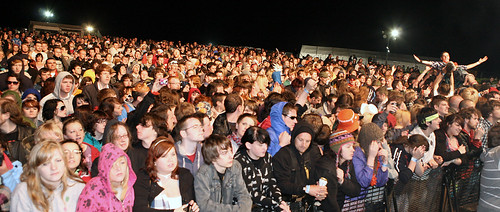An Analysis of Wikipedia’s Least-Updated Articles
Wikipedians often tout the website’s article count (currently over 5.7 million on the English version) as one of its advantages over traditional encyclopedias. Many of the pages included in this count are actually short “stubs,” lists, disambiguation pages, templates, and (depending on who you ask) redirects, but in addition, large numbers of article pages are simply added, often en masse by automated processes, and rarely updated or viewed by humans. The 500 most egregious examples of this are listed in a report, helpfully produced each week by Wikipedia developers, called “Forgotten articles” — and their fates (or lack thereof) may provide a preview of Wikipedia’s possible decline.
by T.M. Ming
The tracking of Wikipedia articles which haven’t been recently edited goes back to its use as a component of the “Neglected articles“ effort in 2005. That was a general cleanup project though, and a report specifically listing the oldest articles in terms of most-recent edit did not appear until October 2008, when the first “Dusty articles“ report was run. This report was run every day, and it listed the 100 least-recently edited articles, ignoring redirects and eventually disambiguation pages.
It seems to have had some errors, and in February 2010 it stopped running altogether and was replaced by a new version of at the end of June. This version was run more or less weekly, and ran until June 2015. It was then replaced by the “Forgotten Articles” report which was first run in March 2012, though consistently accurate runs did not begin until April 2016 (and have been run weekly ever since). This report finds the 500 articles with the oldest most-recent update, excluding redirects and disambiguation pages (this last being not entirely accurate, as will be explained a bit later). In
…continue reading Dusty, Forgotten and Neglected

